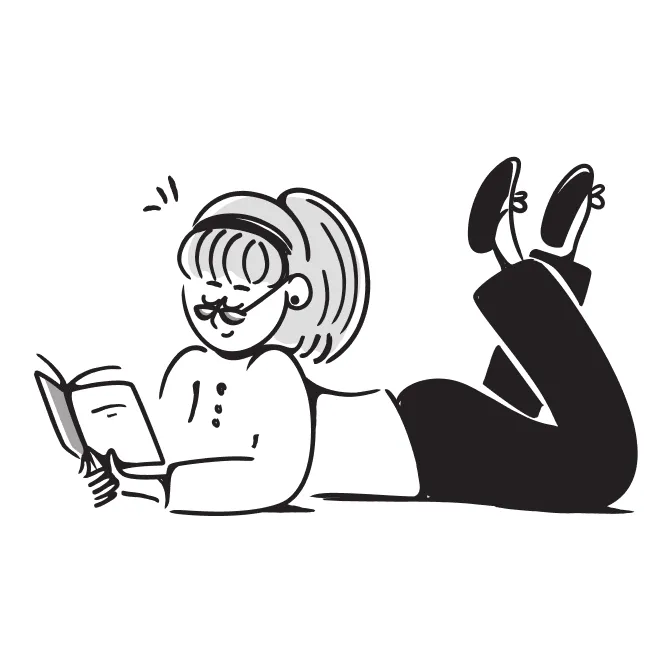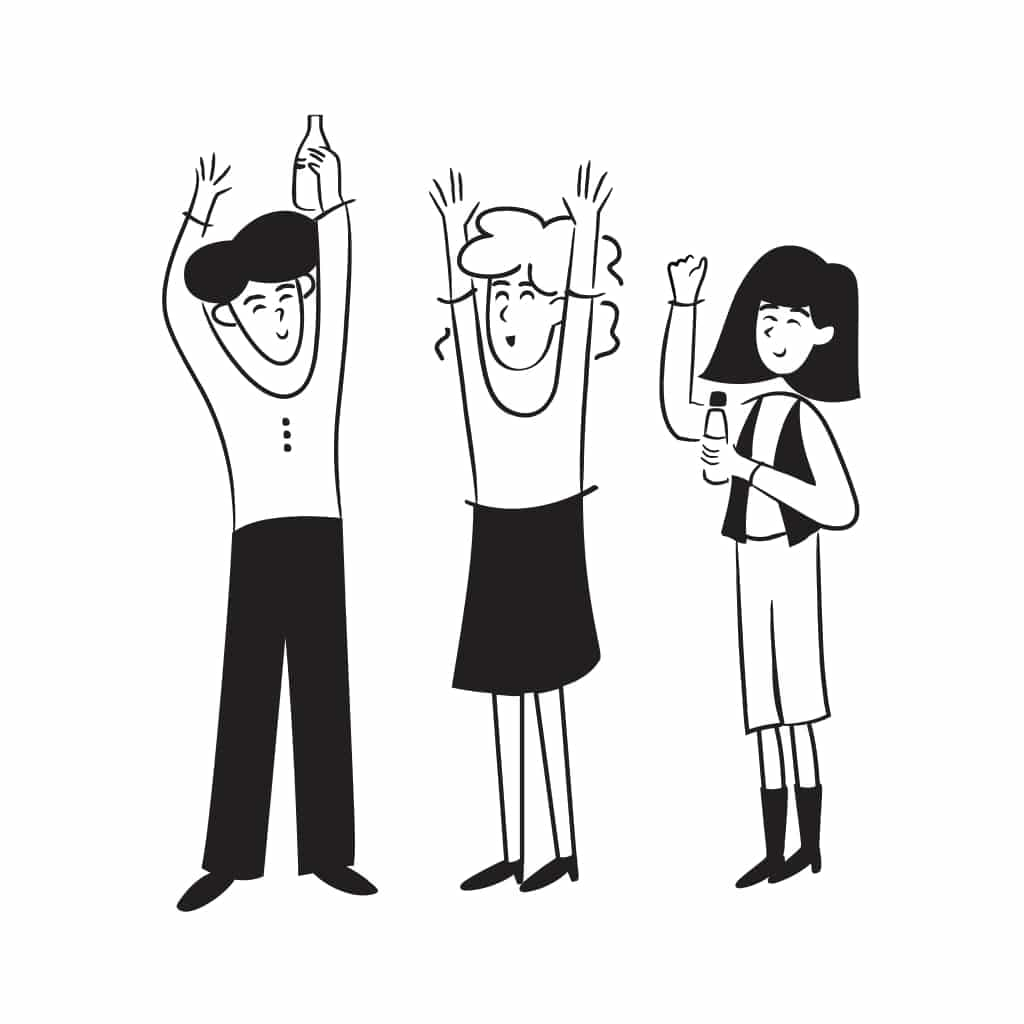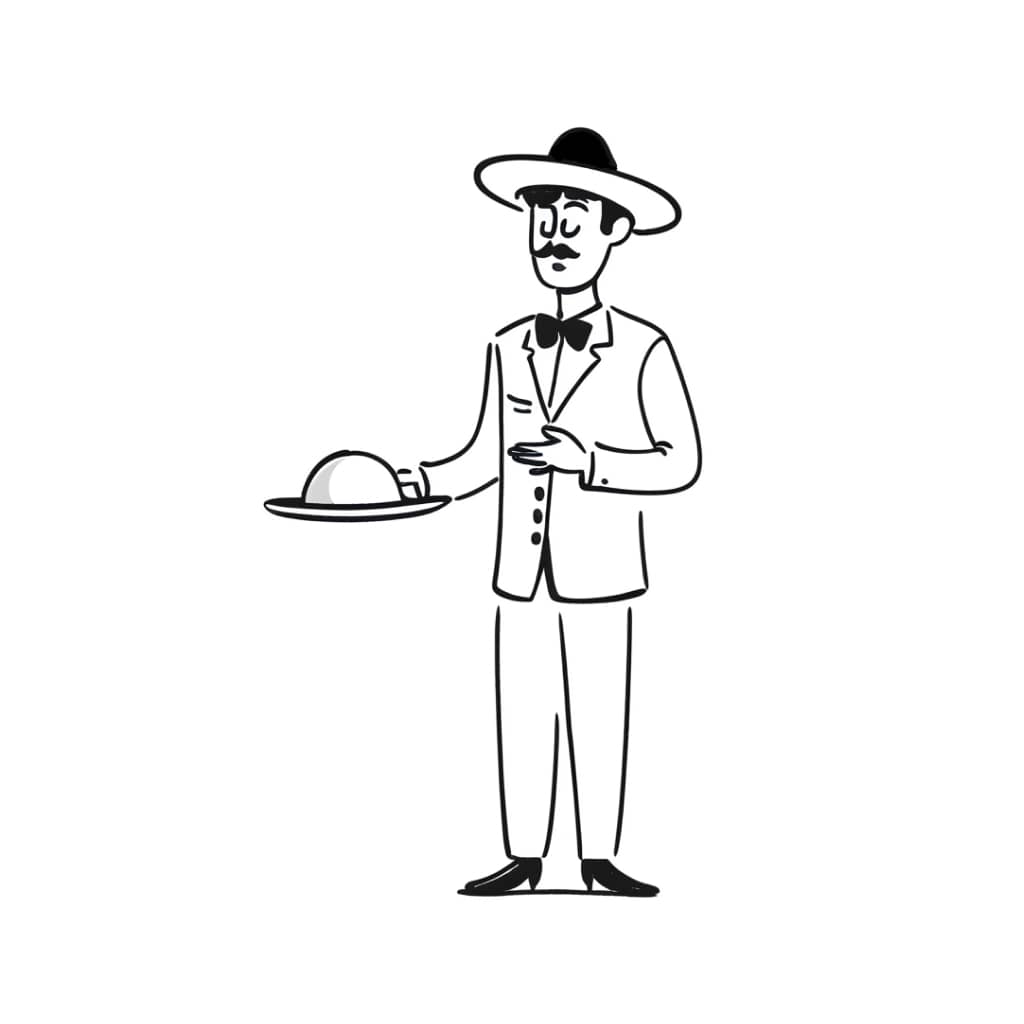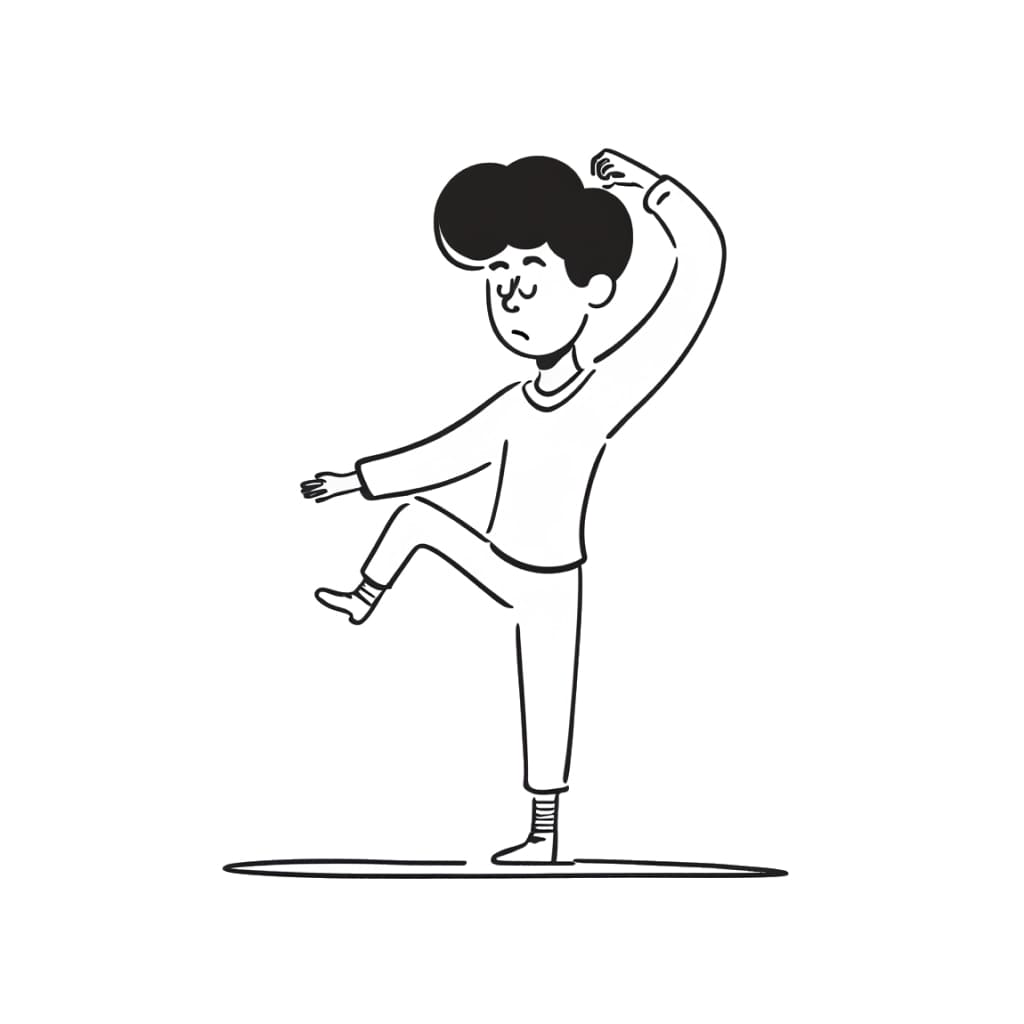This story was designed to help you learn Spanish in context, strengthen comprehension, and absorb vocabulary and grammar naturally through reading, listening, and interactive exercises. It includes a quizz, flashcards, and a writing practice to reinforce your skills. Here's how to maximize your learning:
- Listen and read the story
Play the audio while reading to follow the story naturally. Focus on understanding the main ideas and how the language sounds. The goal is to develop your Spanish listening skills and overall comprehension. - Read again with the translation
Turn on the translation and compare how ideas are expressed in Spanish and English. This builds awareness of Spanish sentence structure and grammar in real use. - Explore the key vocabulary
Below the story, you’ll find important words bolded and listed. This Spanish vocabulary list highlights key words and expressions in context and helps you understand what matters most in the story. - Take the comprehension quiz
Now test your understanding with the quiz. It reinforces the main ideas and helps improve your Spanish reading comprehension with instant feedback. - Review key vocabulary with flashcards
Use the flashcards to practice the vocabulary you just learned. This boosts memory through active recall and strengthens Spanish vocabulary retention. - Try the writing practice
Respond to the writing question related to the story. Use the new words and grammar to create your own sentences. This strengthens grammar and encourages you to think in Spanish. - Practice speaking out loud
Try saying full sentences out loud — or even read the whole story aloud if you feel ready. You can also speak along with the audio, matching the narrator’s voice as closely as possible. This is a great way to improve pronunciation and fluency while building your Spanish speaking confidence. - Review as needed
Come back to the story anytime to review vocabulary, grammar, or anything you found challenging. You can retake the quiz, replay the audio, or go through the flashcards again. Regular review helps reinforce what you’ve learned and build stronger Spanish skills over time.
Key Spanish concepts you'll encounter in this story
Grammar: Present tense verbs, Questions and negation, Simple commands
Vocabulary: Gym equipment, Body parts, Health expressions
Skills: Giving and receiving advice, Making excuses, Expressing feelings
Spanish version
Luis va al gimnasio con su amigo Jorge.
Es la primera vez de Luis en un gimnasio.
Jorge entrena mucho y es muy fuerte.
—Luis, es mejor usar pesas pequeñas al principio —dice Jorge—. Son buenas para empezar.
Luis mira las pesas pequeñas y dice:
—No, gracias. Esas son para principiantes. Yo soy fuerte. Puedo usar las grandes.
—No es buena idea —dice Jorge—. Tus músculos no están listos.
Luis no escucha. Toma pesas muy grandes y hace ejercicios.
Es difícil, pero Luis sonríe. No quiere mostrar que es difícil.
"Estas pesas son muy pesadas", piensa Luis. "Pero Jorge no puede saber".
Al día siguiente, Luis se despierta y tiene mucho dolor.
No puede moverse. No puede levantarse de la cama.
Todos sus músculos duelen.
Luis piensa: "¿Y ahora qué hago? Tengo una reunión importante en el trabajo hoy".
Luis llama a su oficina.
—Buenos días, señora García. Lo siento, pero hoy no puedo ir al trabajo —dice Luis.
—¿Por qué? ¿Qué pasa? —pregunta su jefa.
Luis tiene vergüenza de decir la verdad.
—Estoy enfermo. Tengo un resfriado muy grande.
Su jefa dice: —Vale, descansa. ¡Hasta mañana!
"La próxima vez, voy a escuchar a Jorge", piensa Luis en su cama.
Spanish story with English translation
Luis va al gimnasio con su amigo Jorge.
Luis goes to the gym with his friend Jorge.
Es la primera vez de Luis en un gimnasio.
It's Luis's first time in a gym.
Jorge entrena mucho y es muy fuerte.
Jorge works out a lot and is very strong.
—Luis, es mejor usar pesas pequeñas al principio —dice Jorge—. Son buenas para empezar.
"Luis, it's better to use small weights at the beginning," says Jorge. "They are good for starting."
Luis mira las pesas pequeñas y dice: —No, gracias. Esas son para principiantes. Yo soy fuerte. Puedo usar las grandes.
Luis looks at the small weights and says: "No, thanks. Those are for beginners. I am strong. I can use the big ones."
—No es buena idea —dice Jorge—. Tus músculos no están listos.
"That's not a good idea," says Jorge. "Your muscles aren't ready."
Luis no escucha. Toma pesas muy grandes y hace ejercicios.
Luis doesn't listen. He takes very large weights and does exercises.
Es difícil, pero Luis sonríe. No quiere mostrar que es difícil.
It is difficult, but Luis smiles. He doesn't want to show that it's difficult.
"Estas pesas son muy pesadas", piensa Luis. "Pero Jorge no puede saber".
"These weights are very heavy," thinks Luis. "But Jorge cannot know."
Al día siguiente, Luis se despierta y tiene mucho dolor.
The next day, Luis wakes up and has a lot of pain.
No puede moverse. No puede levantarse de la cama.
He cannot move. He cannot get up from the bed.
Todos sus músculos duelen.
All his muscles hurt.
Luis piensa: "¿Y ahora qué hago? Tengo una reunión importante en el trabajo hoy".
Luis thinks: "What do I do now? I have an important meeting at work today."
Luis llama a su oficina.
Luis calls his office.
—Buenos días, señora García. Lo siento, pero hoy no puedo ir al trabajo —dice Luis.
"Good morning, Mrs. García. I'm sorry, but today I cannot go to work," says Luis.
—¿Por qué? ¿Qué pasa? —pregunta su jefa.
"Why? What's happening?" asks his boss.
Luis tiene vergüenza de decir la verdad.
Luis is embarrassed to tell the truth.
—Estoy enfermo. Tengo un resfriado muy grande.
"I am sick. I have a very bad cold."
Su jefa dice: —Vale, descansa. ¡Hasta mañana!
His boss says: "Okay, rest. See you tomorrow!"
"La próxima vez, voy a escuchar a Jorge", piensa Luis en su cama.
"Next time, I'm going to listen to Jorge," thinks Luis in his bed.
Master A1 Spanish with 120+ stories
Start using Spanish in real life with our complete story-based course.
Join the waitlist for exclusive early-bird pricing.
Join waitlist



























Comments section for language learners